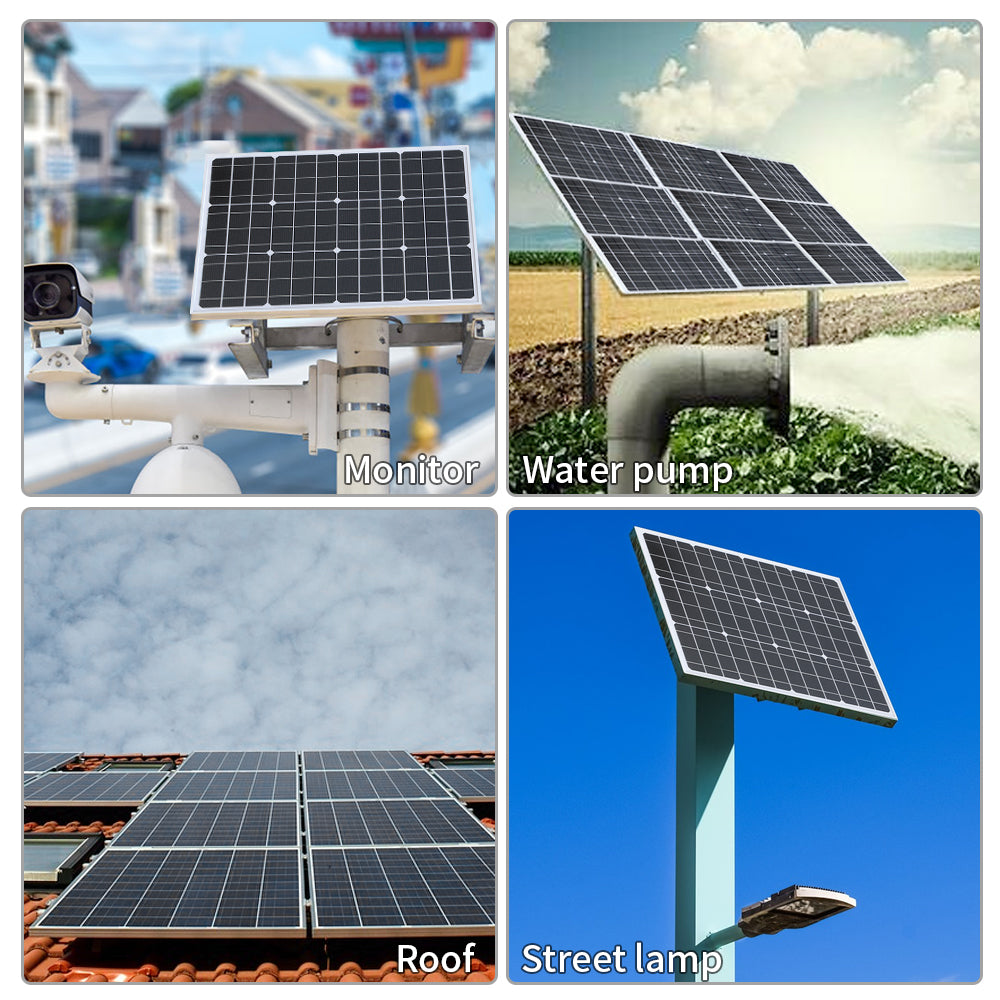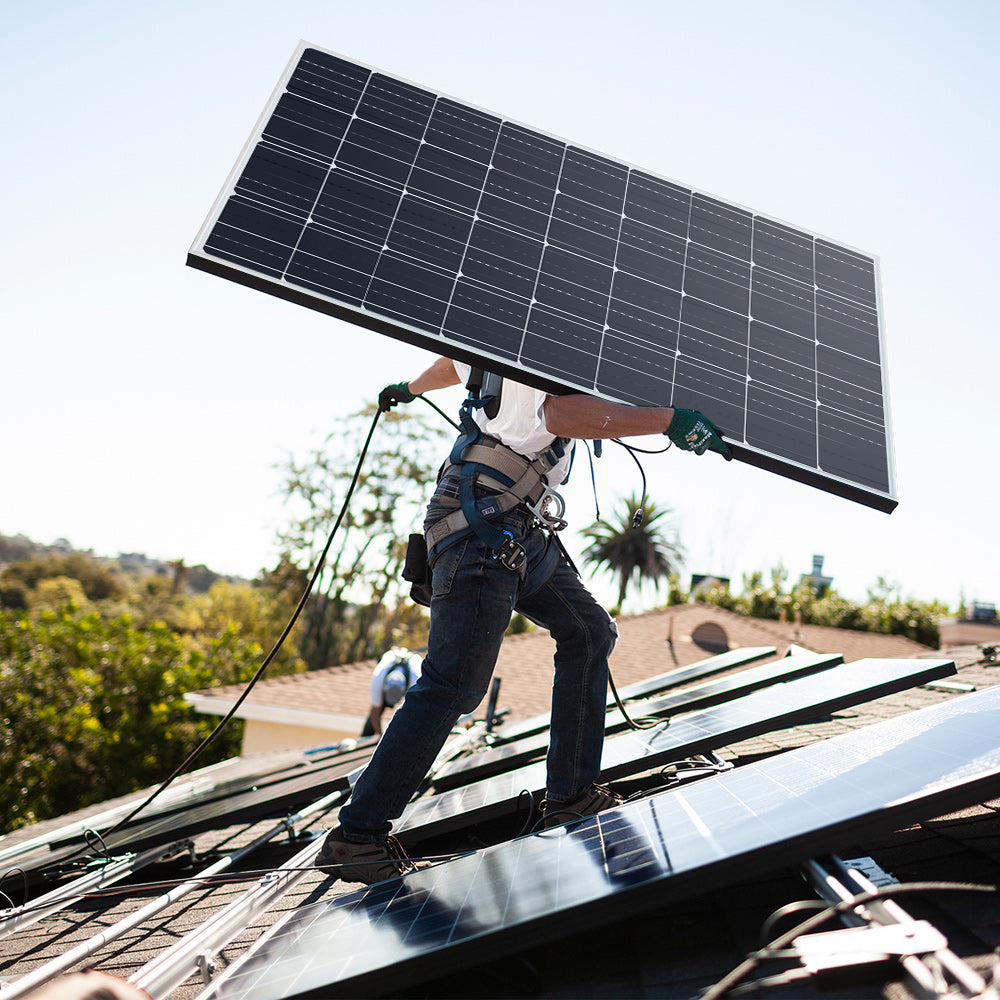Contrary to popular belief, although the temperature drops in winter, the earth is closer to the sun.
Most of the heat on the earth's surface comes from solar radiation. The main factor that affects the surface temperature is the angle of the sun and the ground. The smaller the angle, the less heat gets; the larger the angle, the more heat gets. In summer, the sun shines directly on the northern hemisphere, so the temperature in the northern hemisphere is high. In winter, the sun shines directly on the southern hemisphere and the northern hemisphere obliquely receives less heat, so the temperature is low.
For the northern hemisphere, the earth in winter is closer to the sun than the earth in summer, with a difference of up to 5 million kilometers. For the southern hemisphere, the situation is just the opposite. In other words, the distance between the earth and the sun does not determine the seasonal changes and temperature of the earth.
Why does the earth get hotter when it is far away from the sun in summer?
When summer comes, the earth is at the aphelion, the sun shines directly on the earth, and the days are long and nights are short. The surface of the earth gets the most sun rays, and the weather is hot. In winter, the earth is at the perihelion, the sun is at its lowest height, and the sun is slanted on the earth, with short days and long nights. The surface of the earth gets the least light, and the weather becomes cold.
The reciprocating motion of the point of direct sunlight between the Tropic of Cancer is due to the tilt of the earth's axis. As the earth revolves around the sun, the earth is also rotating. The relative position of these two movements causes the change of the four seasons of the earth. At the same time, it is also why the earth gets hotter when it is far away from the sun in summer.
The July heat in the northern hemisphere is because the direct sun point is near the Tropic of Cancer, which is closest to us, so it is hot. At the same time in the southern hemisphere, it is winter, which is the coldest time. The earth is the furthest from the sun in July and the closest to the sun in January. So, once the temperature drops, what does this mean for your solar panels? We will answer all your questions about how solar panels are installed in winter.
☀☀☀☀☀
Do solar panels work in the snow?
If you find yourself asking, "Can solar panels work in cold weather in winter?" You are not alone. It is generally believed that solar panels do not work during the snowy season-but this is a myth. As long as the panels are not covered by snow for a long time, solar panels can work normally in winter, even in snow.
Although heavy snow does reduce sunlight penetration, your solar panels will generate more electricity than you think throughout the winter.
On high-quality solar panels, silicon is covered by anti-reflective glass, which is designed to absorb sunlight to the maximum extent (and thus generate more electricity!). It means that solar panels also generate more heat from the sun than the roof surface. This heat melts faster than the snow on the roof, and it can keep the solar system generating electricity even when heavy snow may still be on the ground.
In many cold-weather climates, there are relatively few precipitation days in winter. Snow tends to melt within a few days, especially on solar panels!
In addition, solar panels are designed to withstand weights of 20 to 40 pounds per square foot, so snow is usually not large enough to pose a risk. During the manufacturing process, all solar panels are pressure tested to evaluate quality and durability. And since the different rating varies on the solar panel, if you live in an area with a lot of snowfall, you can choose a higher pressure rating.
Do solar panels need winter maintenance?
The great thing about solar panels is that once installed. They require little maintenance for most of the year, including in winter.
If you live in an area that is hit by strong storms in winter, and if you are concerned about roof safety, you may need to hire a professional to remove any heavy damp snow.
In winter and throughout the year, solar cell storage is also an important consideration because it allows you to store energy regardless of daily production. It works by collecting all the electricity generated by your panel and storing it in your home instead of sending it back to the grid. Therefore, when the power you need exceeds the power generated by the solar panel, you can reuse the stored energy—for example, at night or on a cloudy day.
☀☀☀☀☀
How effective are solar panels in winter?
When it comes to solar energy, there is one important thing to remember. It is not about warmth, but about sunlight. Solar power in summer and winter may surprise you. Cold, sunny weather is the ideal time to produce energy for your home because solar panels work more efficiently at colder temperatures. The industry standard specifications for photovoltaic systems are set at 77º F, but it turns out that they are more efficient at colder temperatures.
Even in the coldest winter temperatures, when the sun is shining, the solar panels in winter will generate the electricity needed to make you self-sufficient at home, thereby achieving self-sufficiency.
Even wind, cold, rain, and snow cannot prevent solar panels from performing what they do best-generating clean energy to make your life more sustainable. Now, it is a good time to enter a solar home so you can be ready to install it for the long and hot summer.
Are you looking for a solar supplier in your area? You can contact us at any time.
If you are ready to switch, we are here to help you.
Contact us now for a free consultation, we will make your home on the path of clean energy.
☀☀☀☀☀
Expand knowledge
Solar power tips for hot weather
Summer is the peak period of power generation of the year, and it is a good time to install solar panels and prepare them for use. It ensures that they absorb all possible light; just like a car, you should check the solar panels regularly to make sure they operate as efficiently as possible.
There are a few quick steps you can take to ensure optimal performance:
- Make sure whether your system is working normally.
- Check the panel regularly. Visually inspect your panels twice a year for any debris accumulation or rodent nesting activities to ensure that your panels maintain quality functions.
- Prune your trees. To make sure you maximize the solar output, check the trees around the roof to make sure they are trimmed and do not cause any shadows.
Using solar energy will help you gain energy independence and prevent cost fluctuations leading to high electricity bills. Ensuring that your home and appliances operate efficiently will also reduce costs.



